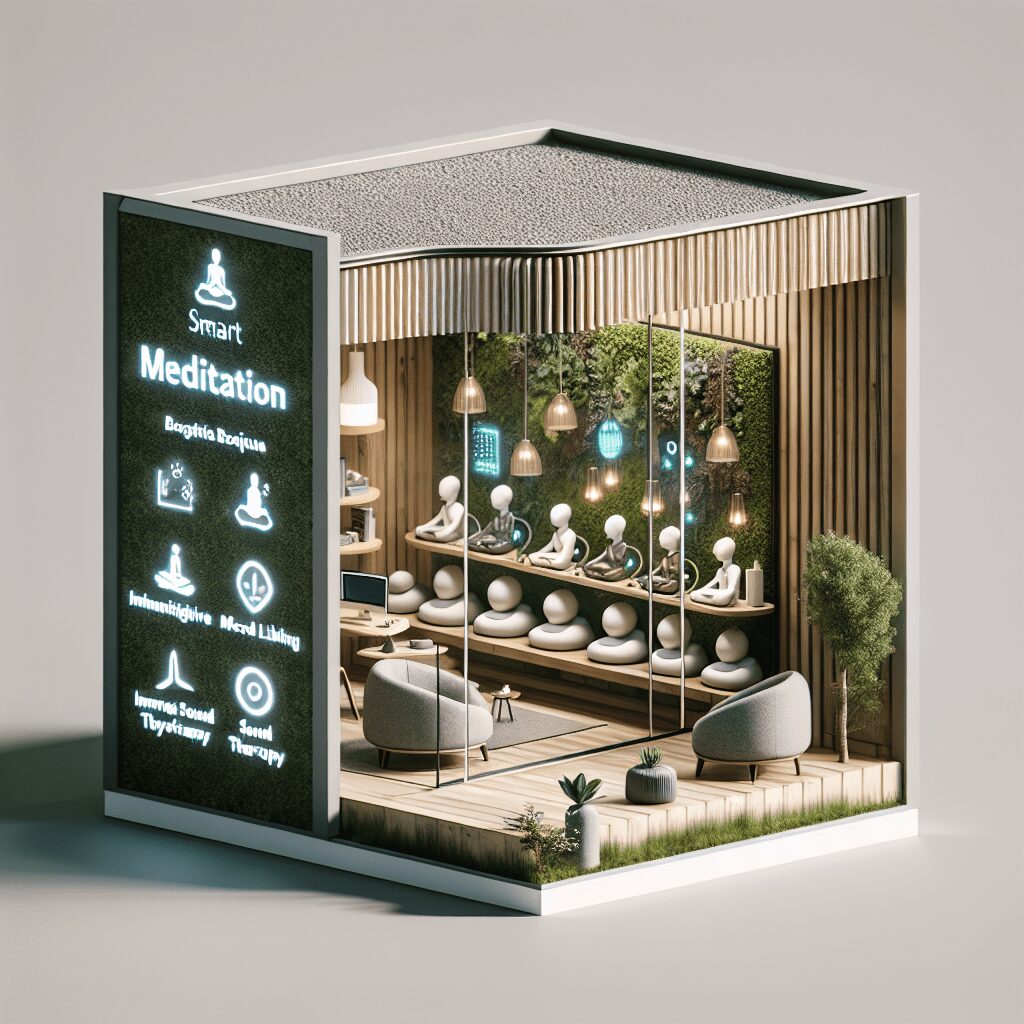
Prioritize your mental well-being daily. Enhance your life by nurturing your mental health with the Smart Meditation app. Break free from stress, alleviate anxiety, and enhance your sleep quality starting today.
Can Alcohol Help Reduce Anxiety And Stress?
The Intriguing Conundrum: Alcohol’s Role in Stress Relief
Have you ever come across the idea that a glass of wine or a pint of beer at the end of a grueling day can wash away your worries? It’s a notion as old as time, often romanticized in film and literature. But when we peel back the layers, what does science say about alcohol’s effects on anxiety and stress?
A Deep Dive into Alcohol and the Mind
At first blush, alcohol seems like a miracle elixir for the stressed-out soul. You’ve likely heard folks say they’re “taking the edge off” with a drink, or maybe you’ve felt that initial relaxation wash over you after a sip. Let’s break down what’s really happening behind the curtain.
-
The Immediate Glow: Upon the first few sips, alcohol acts on the brain’s neurotransmitters, specifically increasing the effects of GABA (gamma-aminobutyric acid). GABA has a calming effect, which can feel like stress is melting away. However, this is where the plot thickens. The body is a complex system, and the initial sensation is just the tip of the iceberg.
-
The Double-Edged Sword: While initially, alcohol may reduce feelings of anxiety and stress, it’s akin to putting a band-aid on a broken arm. As the body metabolizes the booze, the temporary relief can give way to increased anxiety and stress levels. This phenomenon, sometimes referred to as “rebound anxiety,” can leave you feeling worse than before. Moreover, alcohol alters serotonin levels in the brain, affecting mood regulation long term.
Loopholes in the Liquid Solution
-
Tolerance and Dependency: Occasional, moderate drinking may not lead to significant problems for many. Yet, as someone leans on alcohol regularly to cope with stress, tolerance builds. This means it takes more alcohol to achieve the same stress-relieving effects, paving the way for potential dependency.
-
Sleep Disruption: Despite the common belief that a nightcap can whisk you off to dreamland, alcohol has been shown to interfere with sleep quality. It can rob you of REM sleep, the most restorative phase, leading to a cycle of fatigue and increased stress over time.
-
Avoidance Over Addressing: Utilizing alcohol as a coping mechanism can lead to avoidance behavior. Instead of dealing with stressors head-on or developing healthy coping strategies, reaching for a drink can become a default, leaving the underlying issues unresolved.
Healthier Alternatives to Beat Stress
If not alcohol, then what? Let’s look at strategies to combat stress without the potential for negative side effects:
- Exercise: Engaging in physical activity releases endorphins, the body’s natural stress relievers.
- Mindfulness and Meditation: These practices help center your thoughts and reduce anxiety through breathing exercises and focus.
- Healthy Social Interactions: Spending time with friends or loved ones can offer support and decrease feelings of isolation.
- Professional Help: Sometimes, the best course of action is seeking advice from a therapist or counselor who can provide strategies tailored to your situation.
In the grand tapestry of coping mechanisms, alcohol might appear as a comforting patch, but the long-term effects often reveal a different picture. Understanding the complexities of how alcohol interacts with our mental and emotional state is crucial. By exploring healthier alternatives, we can navigate stress and anxiety in a way that supports our overall well-being. Remember, moderation is key, and if you’re finding stress unmanageable, reaching out for professional advice is always a wise move. Let’s raise a glass to healthier ways of stress management, where the ingredients are support, understanding, and a dash of self-care. Cheers to that!




